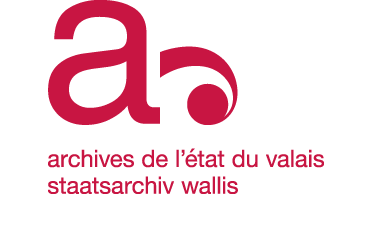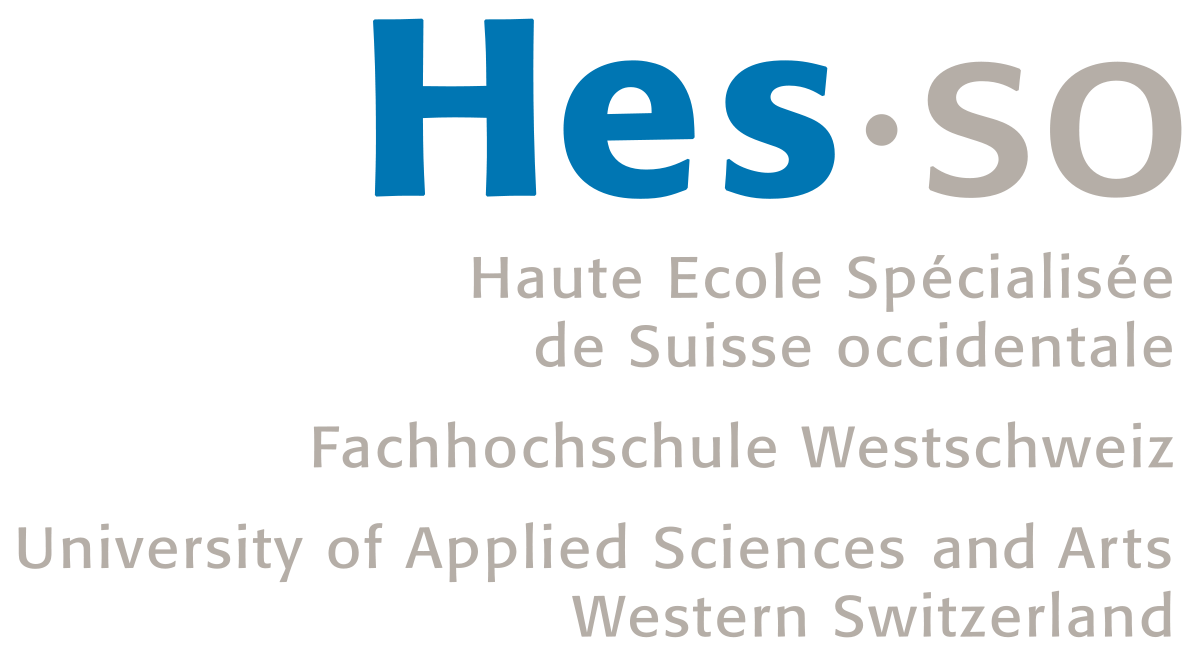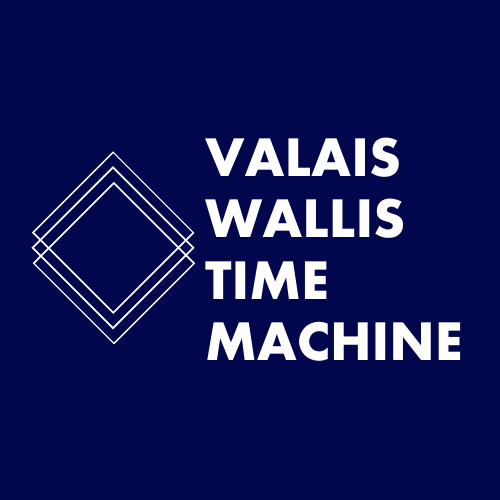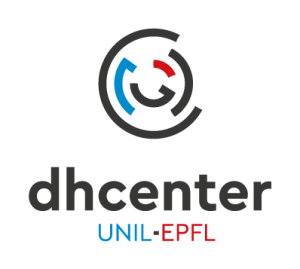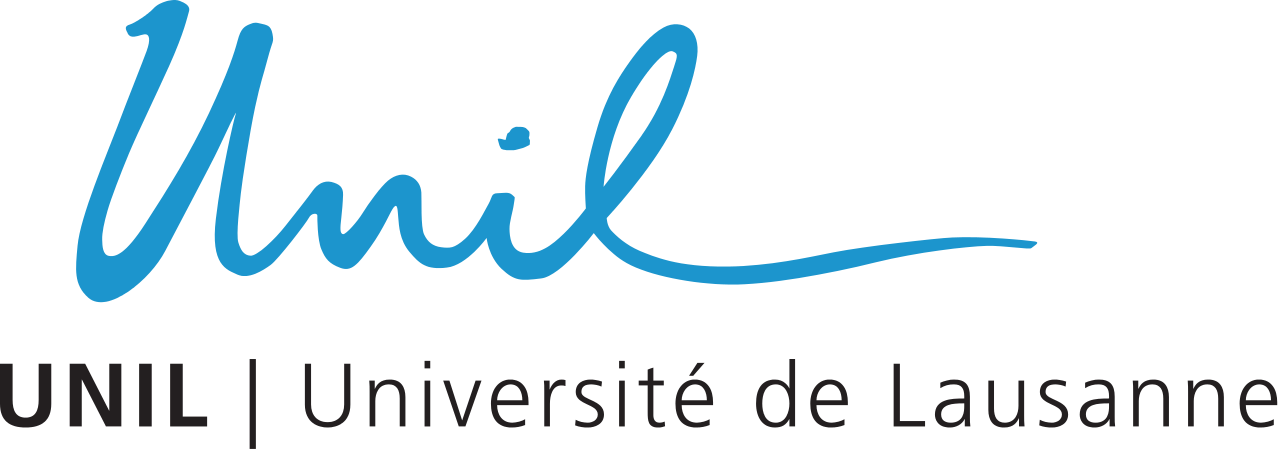Can digital humanities open a new era for democracy?
Better understanding about how legal documents originate and have been developed in the past, as well as how they influence upcoming laws and the general development of our societies, have encouraged us to look into the possibilities of developing new digital tools to support legislators and policy makers to create better laws for the future of our democracies.
Constitutions.ch
For the project “Constitutions Time Machine”, we are exploring how recent advances in digital technologies can support the work of legislators in their quest for writing better laws. To do so, we have brought together experts from the fields of digital humanities (data analysis, speech recognition, automated text transcription, data visualisation...) and humanities (law, historians,...) for a series of workshops in order to work together towards the development of a “Time Machine”.
OBJECTIVE
The objective of our last online workshop was to explore possible synergies between the Centre for Public Law of the University of Lausanne, the state archives of the canton of Valais, the Association Constitutions Time Machine and the UNIL-EPFL dhCenter.
Next workshop: September 10, 2020, at the Arsenaux in Sion, Switzerland
Context
In 2018, the Canton of Valais in Switzerland agreed to renew its 1907 constitution via a constitutional assembly. 130 elected representatives are now writing a new constitution. In order to enrich this work, the Constitutions Time Machine project aims to create a digital platform bringing together the different constitutions of the Canton of Valais through the ages, as well as the archives of the parliamentary debates that took place before the finalisation of an article of law. The aim of this platform is to explore the links between constitutional articles and articles of law and to replicate EPFL's “Venice Time Machine”, on the scale of a cantonal constitution. The interactive, digital and participative format of this platform allows the users to visualize, analyze and better understand the role of a constitutional text.
Introduction
Thanks to our partners
Links
Website: https://www.constitutions.ch/
Valais-Wallis Time Machine: http://timemachinevs.ch
PROGRAMME
Part 1. The Constitutions Time Machine
Welcome : Prof. Dr. Véronique Boillet (UNIL) and Dr. Johann Roduit (Conexkt)
Introduction of the projet "Constitutions Time Machine" (CTM). Dr. Johann Roduit (Conexkt) and Prof. Dr. Anne-Christine Fornage (UNIL). See the slides.
CTM and Data Visualization. Prof. Dr. Florian Evéquoz (HES-SO). See the slides.
CTM and Law. Prof. Dr. Véronique Boillet (UNIL)
CTM and Archives. Alain Dubois (Archives, Etat du Valais)
Break
Part 2. Feedback
Prof. Dr. Daniel Gatica-Perez (UNIL-EPFL dhCenter)
Dr. Isabella di Lenardo (UNIL-EPFL dhCenter)
Dr. Maud Ehrmann (UNIL-EPFL dhCenter)
Dr. Charlotte Mazel-Cabasse (UNIL-EPFL dhCenter)
Conclusion - moving forward: Prof. Dr. Véronique Boillet (UNIL) and Dr. Johann Roduit (Conexkt)



